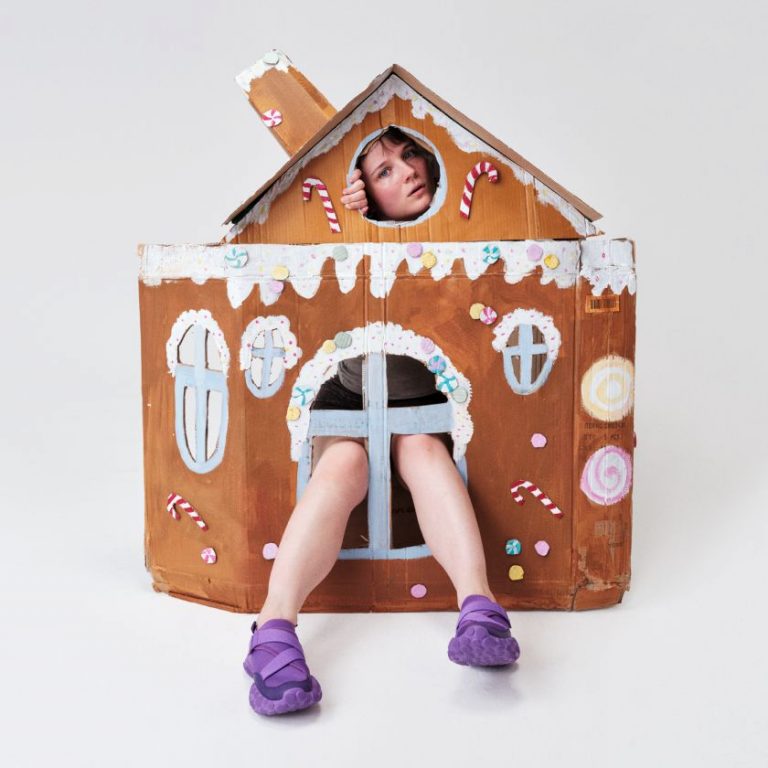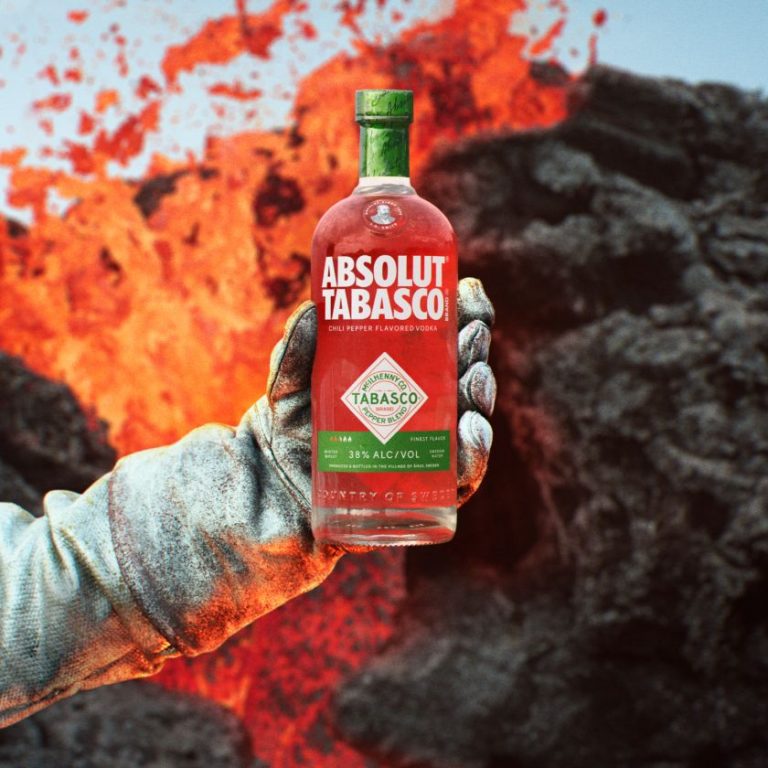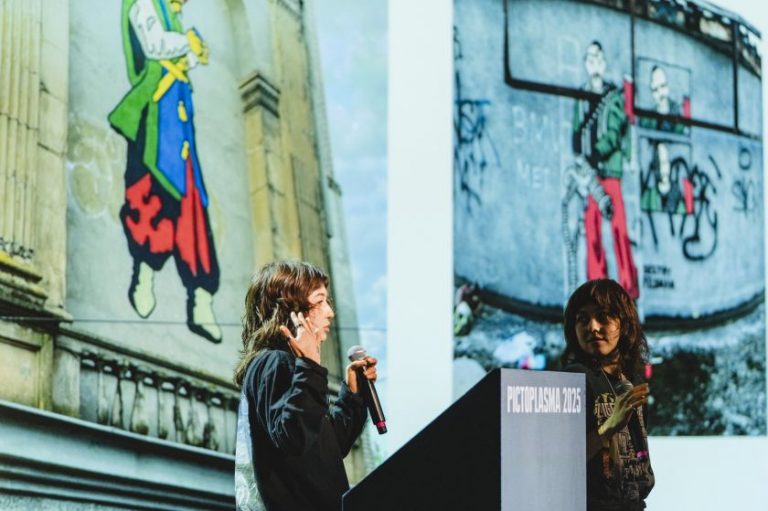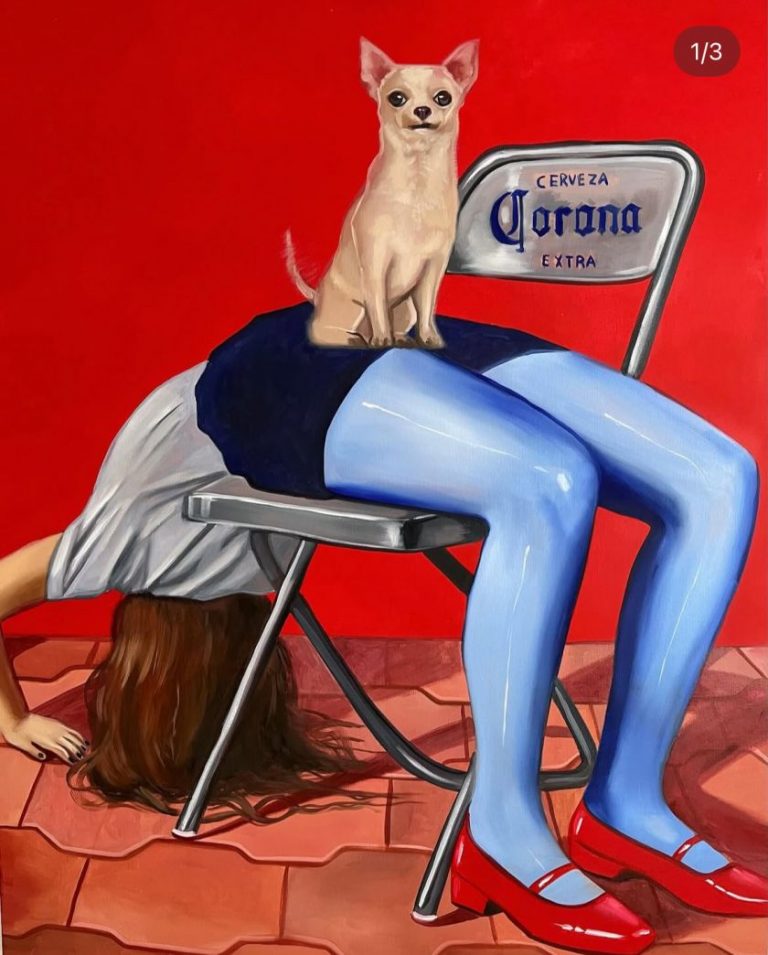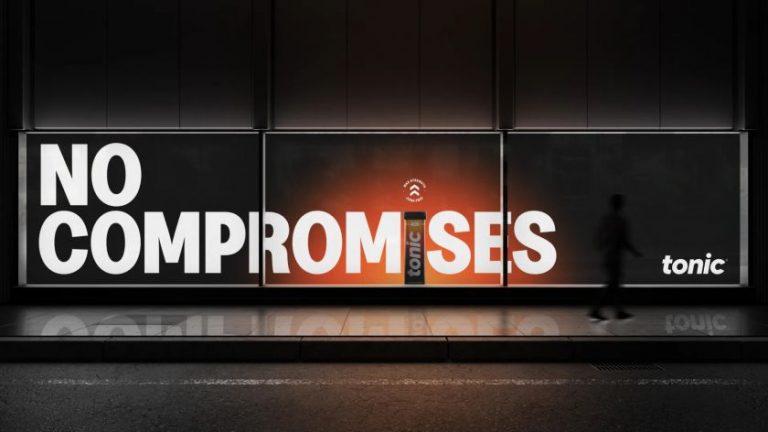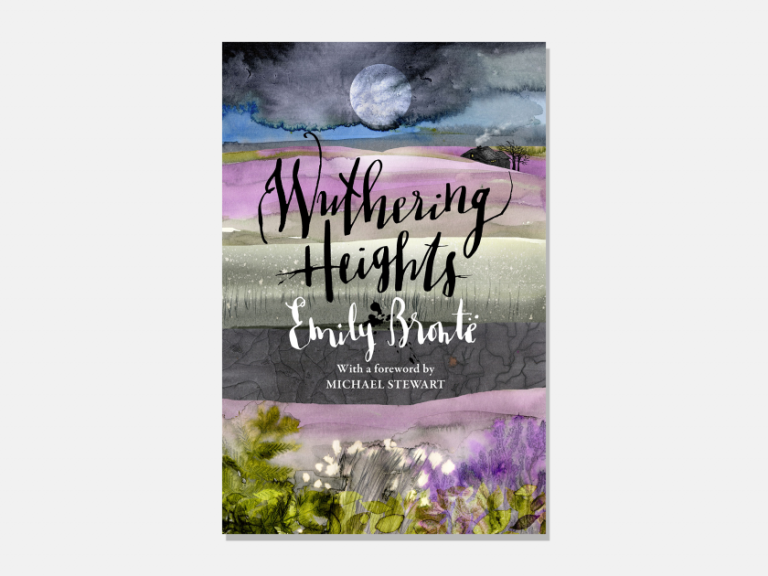Connecticut-based contemporary artist Alexis Rockman has returned to Huxley-Parlour with Conflagration, a solo exhibition of nine new paintings focusing on the increasing occurrence of wildfires worldwide.
What connects Greece, Canada, Spain, Russia, and Portugal? In 2023, they were all ravaged by wildfires, with Canada breaking previous records by a significant margin. These infernos led to emissions of roughly 410 megatonnes of carbon, with many areas experiencing wildfires for the first time.
Artist Alexis Rockman is responding to this monumental ravaging of ecosystems in Conflagration, his newest exhibition of paintings at Huxley Parlour. Running until 13 April, the show consists of nine new artworks, including dramatic paintings in which Alexis has chaotically applied paint to reflect the urgency of the situation.
The paintings, developed over 2023, are presented in a critical “moment of no return” regarding the global climate crisis. Putting the behaviour of humans around the world under the microscope, Conflagration presents “a pressing vision of the critical environmental state of the planet.”
It also represents the latest step in Alexis’s 40-year journey of developing a distinct visual language, described as “natural history psychedelia”. Featuring radiant, scorching colours and an iconography which draws on everything from natural history illustrations to dioramas in the American Museum of Natural History, this eclectic style is perfectly suited to making a statement about the ongoing climate crisis.
This approach is not just art for art’s sake, either. “His methodology is further anchored within rigorous scientific research, often conducted in collaboration with scientific experts and historians, and extensive first-hand field study,” the gallery adds.
However, as well as tying into his interests as an artist, Conflagration also represents something of a departure. Here, Alexis brings his attention to the present moment and foregoes the post-apocalyptic dystopias that are to be found in his previous work. The end of the world isn’t way off in the future; in fact, it’s happening right now.
“This series, too, returns to a gestural, impasto style used in earlier works,” adds Huxley-Parlour. “Using a combination of oil paint and cold wax on wood to create visceral marks enlivened with a sense of urgency, his gestural brushstrokes reference canonical landscape paintings by Turner, Courbet, and Peder Balke while calling to mind the heavily applied, textural surfaces of Clyfford Still.”
Alexis contrasts this painterly language, which traditionally venerates the sublime beauty of nature, with a hallucinatory depiction of the world in ecological collapse. The two contrasting elements come together powerfully to create paintings that are at once spectacular and horrifying.
“Their monumentality is underscored by the inclusion of small-scale foreground elements such as traditional fishing vessels, recreational kayaks, wildlife and livestock,” the gallery concludes. “This fundamental tension between beauty and catastrophe defines the world of Conflagration, making Rockman’s demands for environmental action more compelling than ever. “

